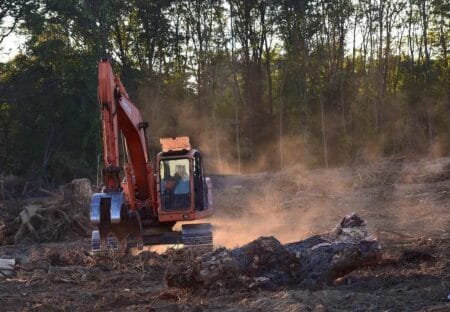— last modified 15 April 2020
EuroCommerce is pleased that the Commission has sought to propose a number of ideas on how Europe can gradually return to normal once the immediate danger of the COVID-19 pandemic has eased.
We recognise that the rate of infection differs from country to country and that decisions on the health of their citizens rests with national governments.
We support the Commission, however, in a number of important issues they raise in their welcome Communication issued today. These include:
- The importance of a gradual opening of those retail and wholesale businesses at present facing the real risk of bankruptcy, particularly in non-food retail and wholesale, with appropriate safeguards for the health of customers and staff as adopted for example in food retail.
- Coordination and communication as far as possible between member states as they lift some of the current restrictions: complex cross-border supply chains mean that disruption caused by closure of suppliers in one country affects the supply chain in another.
- As much clarity and transparency as possible for businesses and consumers in government planning for such easing of restrictions.
- The single market to be used as a driver for recovery after the worst of the pandemic is over. We understand and support the measures aimed at supporting local agriculture, food production, and short supply chains to ensure the survival of local agri-food businesses and avoid food waste. However, other measures, adopted through rapid legislation during crisis times, may have a tendency to remain in place. Measures should preferably be voluntary, left to market operators working in solidarity with one another, and removed as soon as the pandemic is under control, so that the single market can operate again.
- Immediate removal of unnecessary controls at borders to allow the free flow of goods and people essential to maintaining a proper supply chain, including delivery drivers and retail and wholesale staff working in border regions.
- Financial support to continue to be available after the crisis, and to get through to all affected retailers and wholesalers, particularly retailers and wholesalers in non-food, and wholesalers serving sectors such as hospitality and catering at present closed. This should also include helping SMEs in adopting digital technology and going online.
- Work with trade partners to get international trade up and running as a further driver of renewed economic growth and in rebuilding European supply chains. Global trade is likely to be depressed as much as 30% post-virus.
- Review of timing of some proposals in its 2020 work plan: we understand that the Commission is considering this, and we join other industries in asking for all consultations and new proposals to be delayed 6 months until sectors are once more able to focus on other issues than keeping their business running and alive. We would also ask for enforcement of some (non-safety related) measures coming into force now to be handled flexibly and recognising the difficulty facing businesses at this time.







